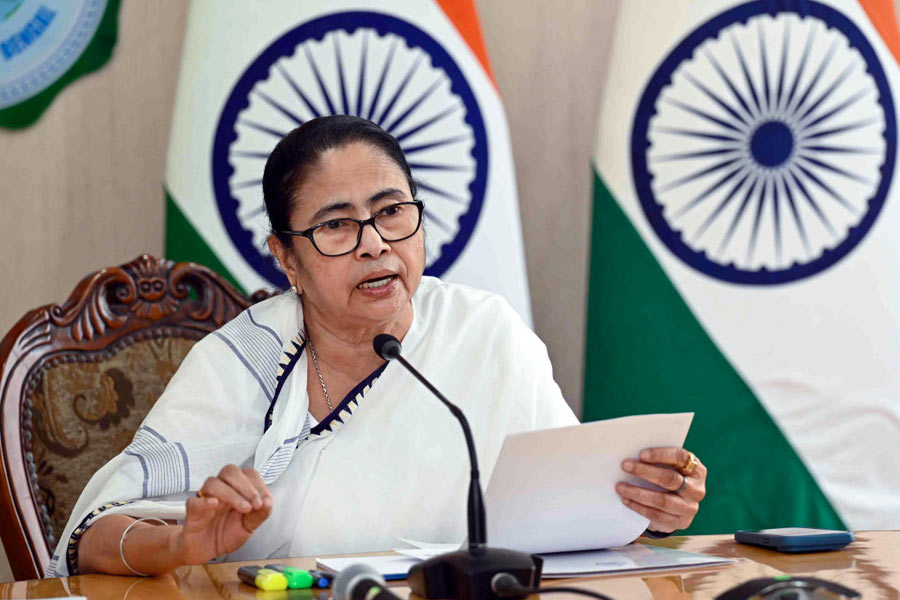Violence and politics overlap frequently in West Bengal. The unrest in Sandeshkhali epitomises the intersection between the two. The flames may have erupted after a team of officials of the Enforcement Directorate were attacked by goons patronised by the Trinamul Congress leader, Sheikh Shahjahan — the target of the ED’s raid — but evidence is now emerging of a different kind of fire that had been raging unnoticed — or ignored — by the powers that be. Serious allegations have come to light against the local leadership of the TMC, with women — many of them had led a protest against the principal accused now on the run — confiding to the police and members of the State Women's Commission instances of physical assault, harassment, and even molestation perpetrated by henchmen. Complaints of other kinds of transgression, such as land grabbing and non-payment of dues, have also been pouring in. The culprits undoubtedly enjoyed political protection that put them beyond the reach of the law. It remains to be seen whether the Mamata Banerjee government takes corrective action not only against the foot soldiers but also the kingpins who turned this distant pocket into a fiefdom of offence and wrongdoing. This is because the template of patronising local thugs as a means of control of political turf remains a tried-and-tested formula and is quite prevalent in parts of the state that are geographically far-flung or inaccessible. The rule of law, like citizens, is vulnerable in these stretches.
The Bharatiya Janata Party, the TMC’s principal rival in Bengal, has been quite happy to seek mileage out of the incident. Unsurprisingly, it wants to pursue its agenda along sectarian lines — the statement by the Union minister, Smriti Irani, bears proof of this — in an election year. Introducing a polarising — communal — narrative at a time when the affected area is simmering with anger and mistrust can lead to further deterioration on the ground: Sandeshkhali is located in Basirhat block that has a sizeable Muslim population. Perhaps the reason that lumpenism of this sort persists in Bengal’s hinterland is because neither the ruling party nor the Opposition is keen on rooting out the menace. Both segments are more interested in earning political dividends out of the misery of the besieged people that they claim to represent.










